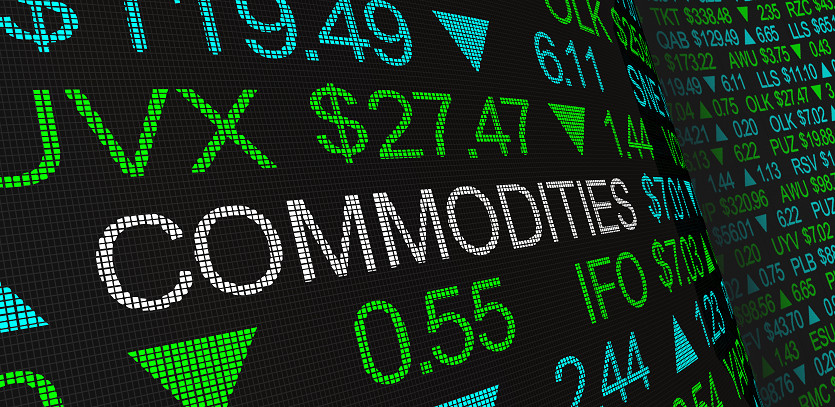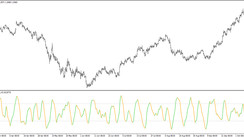Understanding Commodity Exchanges
Commodity exchanges represent the dynamic marketplace where commodity contracts are traded between buyers and sellers. These contracts relate to raw materials or agricultural products traded on a futures basis, implying an agreement between the buyer and seller to exchange commodities at a predetermined price on a future date.
Commodity exchanges play a pivotal role in the global economic framework. By enabling commodity trading, they help maintain equilibrium between supply and demand. Additionally, they provide an avenue for commodity producers and consumers to mitigate price risk.
Historical Perspective and Development
The inception of the first commodity exchange traces back to the 17th century in the Netherlands with the establishment of the Amsterdam Stock Exchange in 1602. This exchange dealt with commodities including grain, tobacco, and sugar.
The evolution of commodity exchanges was propelled by various factors, including the expansion of international trade, the advent of industrialization, and the need to hedge against price risk. Today, the world boasts over a hundred commodity exchanges, with the most significant ones located in the United States, Europe, and Asia.
The most lucrative and efficient commodity exchanges, such as the Chicago Mercantile Exchange (CME), Intercontinental Exchange (ICE), London Metal Exchange (LME), New York Mercantile Exchange (NYMEX), and Tokyo Commodity Exchange (TOCOM), offer a diverse range of commodities, ensure high liquidity, and maintain competitive trading fees.
Current Scenario
Presently, commodity exchanges are experiencing relative stability, attributed to the global economic growth and increased demand for commodities, resulting in heightened trading activity. Yet, they grapple with challenges such as commodity price volatility and the surge in electronic trading. While electronic trading has eased commodity trading, it has escalated competition among commodity exchanges.
The Future Outlook
Looking forward, the prospects for commodity exchanges appear promising. The expected continuation of global economic growth and the increasing demand for commodities predict enhanced trading activity. Nonetheless, certain challenges require attention, such as adapting to electronic trading by offering competitive fees and innovative platforms, and addressing environmental concerns related to commodity production.
Expert Views
Several experts maintain that commodity exchanges will remain an integral part of the future global economy, underscoring their importance as a central marketplace for commodity trading. However, they also warn of future challenges, particularly the volatility of commodity prices and the impact of electronic trading.
In essence, while commodity exchanges hold a bright future, addressing emerging challenges will be crucial to their ongoing success.
In Conclusion
Commodity exchanges, crucial cogs in the global economy's wheel, facilitate commodity trading, thus ensuring a balance between supply and demand. They also provide a platform for hedging against price risk for commodity producers and consumers. Despite the bright future predicted for commodity exchanges, they must tackle certain challenges to ensure continued success.





